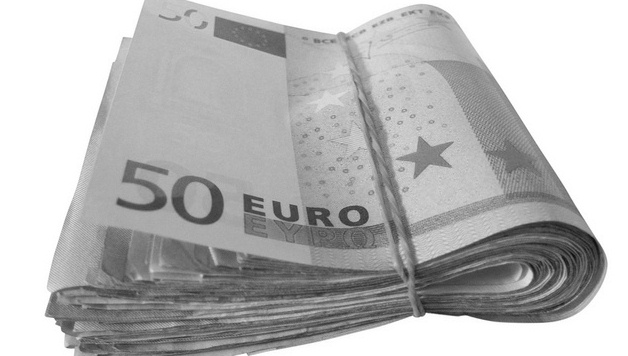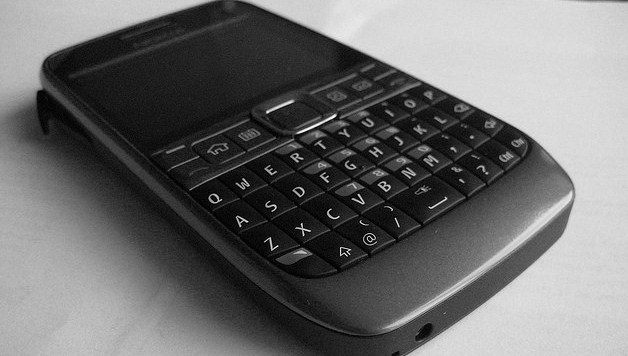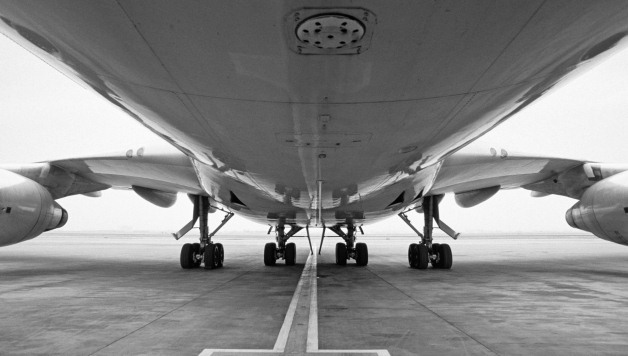In the last two weeks, the US Department of Justice (US DoJ) and UK’s Financial Conduct Authority (FCA) reached further settlement agreements in relation to alleged manipulation of various global interest rates.
As reported previously, the US DoJ and various global financial regulators have been investigating the global rate rigging allegations by banks for the last few years and to date, five financial institutions have admitted to manipulating the LIBOR, EURIBOR and other benchmark rates that underpin interest rates affecting hundreds of trillions of dollars of financial contracts globally. The London Interbank Offered Rate (LIBOR) is an average interest rate, calculated from submissions from leading banks worldwide and reflects the rates that those banks believe they would be charged if they borrowed from other banks. It effectively serves as the key benchmark for short term interest rates globally and is used as a reference rate for other interest rate instruments, mortgages, credit cards, student loans and other consumer lending products.
In Australia, as reported in the LIBOR update article in the June 2013 edition of our publication Regulator, the Australian Finance Markets Association (AFMA) in response to the global investigations proposed a revised process for the setting of the bank bill swap reference rate (BBSW) which is the Australian equivalent of LIBOR. AFMA’s proposal became effective on 27 September 2013 and the BBSW is now calculated using a national best bid and national best offer methodology in the locally traded market for Prime Bank Paper[1] as opposed to the previous panellist submission process (full details can be found here).
New investigations into the forex market
While the global investigations into LIBOR and other interest rates continue, new and separate investigations into alleged manipulation of currency and foreign exchange (forex) rates have recently been initiated by global authorities, including the US DoJ, European Commission, FCA, the Hong Kong Monetary Authority, as well as Switzerland’s markets regulator FINMA and competition authority WEKO.
The investigations are likely to be similar in scale to the LIBOR investigations and will analyse the conduct by and dealings between banks and their traders in relation to the forex market, which is considered to be the most actively traded markets globally. In particular, the investigation will seek to ascertain the degree to which the benchmark used to price various key currencies may have been manipulated.
These new investigations are at an early stage, but we will keep you updated on all developments, as well as any further updates in the ongoing LIBOR matter which is likely to see further prosecutions and class action decisions.
[1] Prime Bank paper comprises bank accepted bills and negotiable certificates of deposit issued by banks that, having met the eligibility criteria and conditions, are designated AFMA ‘Prime Banks’.








